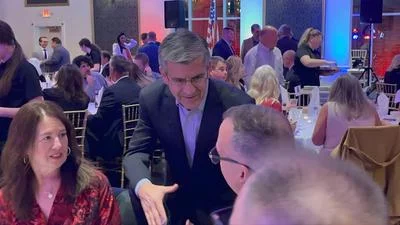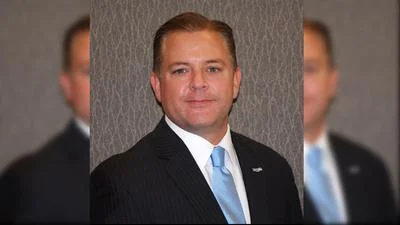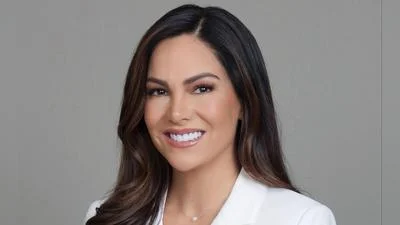Wirepoints founder Mark Glennon
Wirepoints founder Mark Glennon
An online news outlet's founder recently took issue with comments by newly appointed Illinois House Assistant Majority Leader Linda Chapa LaVia (D-Aurora) about which taxpayers can "pay a little bit more" in taxes on services—especially her suggestion to tax the use of drive-through restaurants.
"That’s crazy," Wirepoints founder Mark Glennon told the Will County Gazette. "It's totally at odds with the progressive idea of raising taxes only on the rich, and drive-throughs would fairly ask why they are being singled out instead of sit-down restaurants."
Glennon said he favored "drastic structural reforms" over new taxes such as those suggested by Chapa LaVia during a television interview shortly after she was named the state's first Latina assistant majority leader.

| FreeImages - zandura577
"Illinoisans know their tax money is going down a bottomless, corrupt pit," Glennon said. "Until that perception is changed, any tax increase will backfire in the long run by driving more and more people and employers out of the state, shrinking the tax base."
During Chapa LaVia's Jan. 16 interview on Politics Tonight, CLTV's Paul Lisnek noted the state's budget passed last year without taxes and fees on a variety of services, such as landscaping and nail salon services. Lisnek asked whether the idea of taxing such services will "rear its head again."
Chapa LaVia replied, "I think it will. I think we will see that, but we have to be very fair in the process."
Referring to the proposed taxes on "boutique" or "luxury" services, Chapa LaVia said constituents who use those services probably can also afford the additional taxes.
"Things like that, nails, make-up, things that we can say, 'If you're going to afford these things, then you can probably pay a little bit more,'" she said.
That is short-sighted, Glennon said during his Will County Gazette interview.
"Sure, some people can handle paying a little more, but she's missing the problem," he said. "The problem is that they (taxpayers) are fed up and leaving because they are being asked to pay more and more for a government they have no confidence in."
Chapa LaVia also mentioned a possible tax on restaurant drive-throughs, saying, "I had an idea that if you drive up thru a fast food (restaurant) that you should pay a little bit extra, instead of walking inside, but I don't know where that will go—"
Lisnek interrupted Chapa LaVia to say, "Yeah, probably not in a lot of places."
Glennon agreed it would not, and for good reason.
"Sales taxes are notoriously regressive; they hit the poor and working class hardest," he said. "Limiting an increase in sales taxes to luxury services would not get you much revenue. And even though the tax would be paid by the buyer, less of the service would be purchased, so there would be some harm to the working class providing those services."
Chapa LaVia is not alone in her confusion over how to raise revenue in the state, Glennon said.
"What she and most officeholders don't get is that our model of government is fundamentally broken," he said. "We simply aren't generating the growth and jobs needed to generate the revenue needed to pay for promises made. Until that is fixed, more taxes will solve nothing."






 Alerts Sign-up
Alerts Sign-up